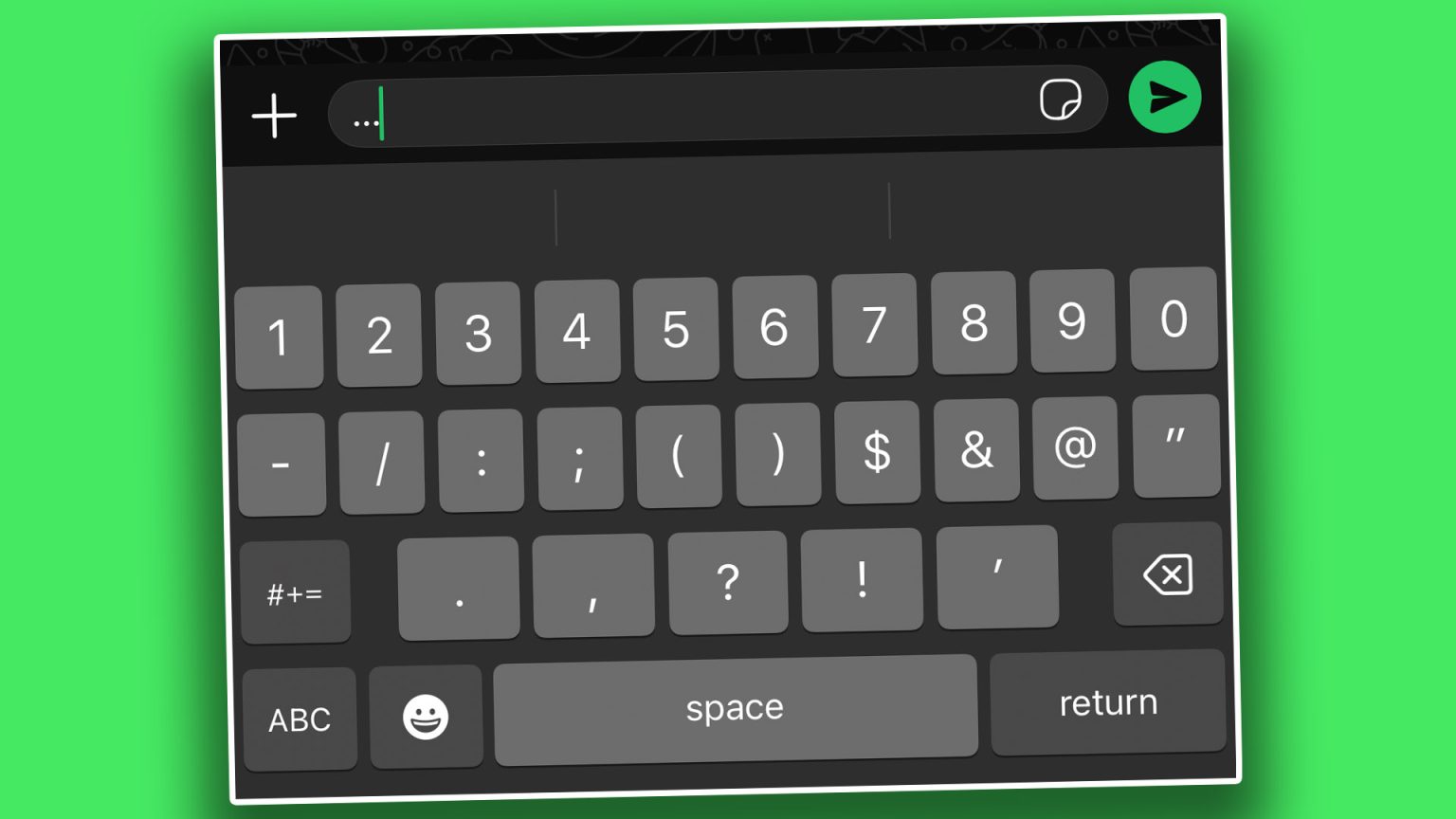WhatsApp, a widely used messaging platform, offers a built-in security feature designed to protect users from malicious text attacks that can potentially crash their phones. This feature, known as “Block Unknown Account Messages,” acts as a shield against high volumes of unwanted messages from unknown senders. While it doesn’t interfere with regular communication from saved contacts, it effectively intercepts mass spam campaigns aimed at disrupting device functionality. These attacks often involve flooding the target device with a barrage of messages, overwhelming its processing capacity and leading to slowdowns or even complete system failures. The feature is especially valuable as these attacks are more likely to originate from unknown numbers rather than existing contacts.
The “Block Unknown Account Messages” feature operates by monitoring the influx of messages from unfamiliar sources. When the volume of messages exceeds a certain threshold, indicating a potential spam attack, the system automatically blocks further incoming messages from those unknown accounts. This preventive measure halts the attack before it can severely impact the device’s performance. Importantly, the blocking mechanism is temporary and deactivates once the message rate returns to normal levels. This ensures that legitimate messages from new contacts are not inadvertently blocked after the threat has subsided. Furthermore, messages from existing contacts continue to be delivered uninterrupted, maintaining regular communication flow.
Enabling this protective feature is a straightforward process, accessible through the app’s settings. For iPhone users, the setting can be found by navigating to Settings > Privacy > Advanced, and then toggling on “Block Unknown Account Messages.” Android users can follow a similar path: tap the three-dot menu icon, then select Settings > Privacy > Advanced, and activate “Block Unknown Account Messages.” WhatsApp Web users can access the setting by clicking the three dots, choosing Settings > Privacy > Advanced, and finally enabling “Block Unknown Account Messages.” It’s important to understand that this feature doesn’t block all messages from unknown numbers; it specifically targets high-volume spam designed to overwhelm the system. Users also have the flexibility to disable the feature at any time by following the same steps.
Beyond the “Block Unknown Account Messages” feature, WhatsApp provides a comprehensive “Privacy Checkup” tool to guide users in enhancing their account security. This checkup offers step-by-step instructions to customize privacy settings and strengthen overall account protection. It covers various aspects, including controlling who can contact you, managing the visibility of personal information, enhancing chat privacy, and bolstering account safeguards. While users can choose to bypass certain settings, it’s recommended to review the checklist to identify the options best suited to individual privacy needs. This checkup can be accessed through Settings > Privacy > Privacy Checkup and can be repeated as needed to adjust preferences.
Understanding how WhatsApp’s blocking mechanism works can further empower users to manage their communications and privacy. Blocking a contact prevents them from sending messages or making calls. This block remains in effect even if the user changes their phone number while retaining the same WhatsApp account. However, if a new account is created, the blocked contacts must be re-blocked. Blocking a contact doesn’t remove them from the user’s contact list, nor does it remove the user from the blocked contact’s list. Several indicators suggest that a user might have been blocked by a contact, such as not seeing the double blue check mark for message delivery confirmation, not seeing updates to the contact’s profile picture, or calls not going through. However, these are not definitive proof, as they could also be due to other reasons.
In conclusion, WhatsApp offers a range of privacy and security features designed to enhance user experience and protect against potential threats. The “Block Unknown Account Messages” feature plays a crucial role in preventing device-crashing spam attacks while maintaining normal communication flow. The “Privacy Checkup” provides a convenient way to personalize privacy settings and strengthen account protection. By understanding these features and how they function, users can effectively manage their communication privacy and safeguard their devices from malicious attacks.











